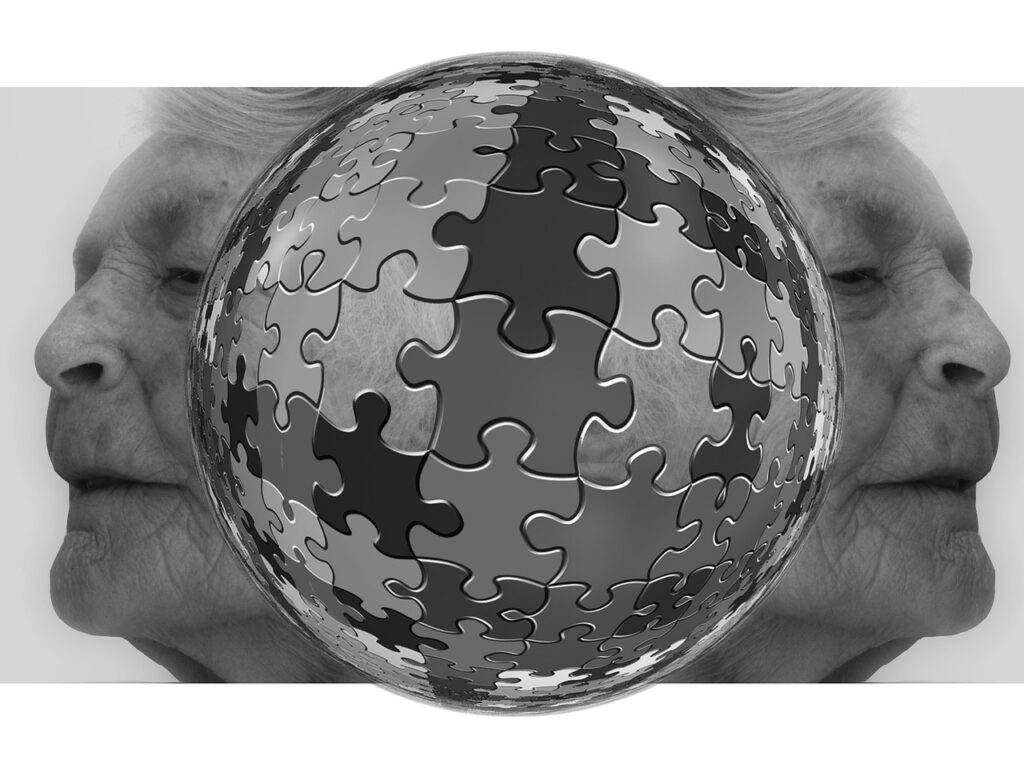
Unlocking the Secrets of the Brain
The human brain is one of the most complex organs in the body, and studying it has been an ongoing challenge for scientists and researchers. However, brain donation can help bridge this gap by providing scientists with a unique opportunity to study the brain’s structure and function, particularly in individuals with mental illness, dementia, and other neurological conditions.
Brain donation involves the voluntary decision to donate one’s brain to scientific research after death. In the past, brain donations were typically limited to individuals who died in hospitals or research facilities, but recent advancements have made it possible for people to donate their brains from home. The process involves registering with a brain donation organization, which provides information and assistance in making the arrangements.
Brain donation has the potential to significantly advance our understanding of mental illness, dementia, and other neurological disorders. For example, in the case of mental illness, scientists can study the brains of individuals who had these conditions to identify the biological changes and abnormalities that contribute to these disorders. This information can then be used to develop better treatments and therapies for those who suffer from these conditions.
Dementia is another area where brain donation can provide valuable insights. Dementia is a broad term used to describe a decline in cognitive function that affects memory, language, and other cognitive abilities. While dementia can be caused by several factors, including genetic mutations and environmental factors, the most common cause is Alzheimer’s disease. By studying the brains of individuals with Alzheimer’s disease, scientists can identify the changes in the brain that contribute to the condition and develop new treatments to slow or prevent its progression.
Brain donation is also valuable for studying other neurological conditions, such as Parkinson’s disease, Huntington’s disease, and amyotrophic lateral sclerosis (ALS). By studying the brains of individuals who had these conditions, scientists can gain insights into the underlying causes of these conditions and develop new treatments to improve the quality of life for those who suffer from them.
In addition to advancing scientific knowledge, brain donation also offers several personal benefits. For example, it can provide families with closure and a sense of purpose by contributing to scientific research that may ultimately help others. It can also offer comfort to individuals who may have a family history of neurological conditions by giving them the opportunity to contribute to finding a cure.
Brain donation is an important step towards advancing our understanding of mental illness, dementia, and other neurological conditions. By donating their brains, individuals can contribute to scientific research that may ultimately improve the lives of millions of people around the world. If you are interested in brain donation, it is essential to register with a reputable organization and discuss your wishes with your loved ones to ensure your wishes are honored.

Recent Comments